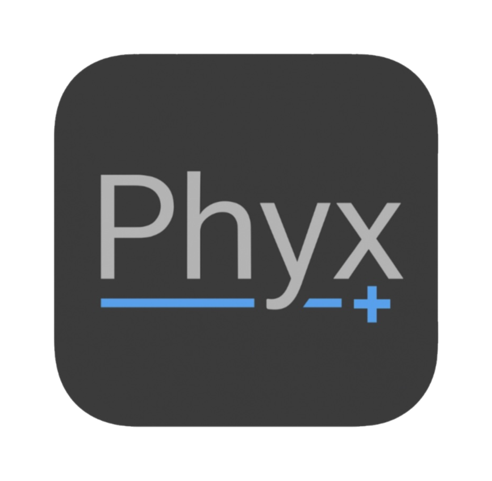AI Assistant Shows Promise in Easing Value-Based Care Burdens for Physicians, Study Finds
What You Should Know: – A year-long study by Phyx Primary Care, a non-profit innovation lab, has revealed that an AI Assistant can significantly help physicians navigate the complexities of value-based care (VBC) while simultaneously reducing associated administrative burdens and burnout. – The research evaluated Navina’s AI Copilot, a tool designed to synthesize fragmented patient ... Read More


What You Should Know:
– A year-long study by Phyx Primary Care, a non-profit innovation lab, has revealed that an AI Assistant can significantly help physicians navigate the complexities of value-based care (VBC) while simultaneously reducing associated administrative burdens and burnout.
– The research evaluated Navina’s AI Copilot, a tool designed to synthesize fragmented patient data into actionable insights at the point of care, supporting clinical decision-making, documentation, and coding.
– The findings come as primary care increasingly shifts from traditional fee-for-service (FFS) payment models to VBC, a system aimed at delivering better patient outcomes at a lower cost. However, this transition introduces layers of complexity for physicians, including intricate risk adjustment, quality management demands, and varied payer requirements, all of which contribute to increased workload and potential burnout.
AI Copilot: Reducing Burden, Enhancing VBC Performance
The study demonstrated that Navina’s AI Assistant successfully reduced administrative tasks, improved the quality of clinical documentation, and enhanced overall performance under value-based payment models. Crucially, rather than adding to physicians’ workloads, the AI tool enabled them to meet complex reporting requirements with greater ease.
A key function of the AI assistant highlighted in the study is its ability to help identify undiagnosed conditions. This capability leads to improved diagnostic accuracy and fosters better patient engagement. Consequently, physicians can more effectively manage chronic conditions and ensure appropriate reimbursement based on the complete picture of patient complexity.
One participating physician underscored this benefit, stating, “It’s no longer enough to recapture old codes. The Assistant finds diagnoses buried in the record – things I’d miss. That can be the difference between staying afloat or falling behind.”
Key Findings from the Phyx Primary Care Study
The research involved 120 physicians across 19 practices who used the Navina AI Assistant for at least 30 days. The results were notable:
- 40% reduction in clinical review time for complex patient visits, streamlining physician workflow.
- 32% decrease in physician burnout, addressing a critical issue in the medical field.
- 94% of physicians reported the AI Assistant was easy to access and use, indicating high usability.
- 92% of physicians highly trusted the Hierarchical Condition Category (HCC) suggestions provided by the AI, crucial for accurate risk adjustment.
Furthermore, the broader impact on the surveyed practices, encompassing a total of 3,100 physicians using the AI Assistant, showed significant improvements in key value-based care metrics:
- An average +0.153 increase in Risk Adjustment Factor (RAF) scores, ensuring reimbursement accurately reflects patient acuity.
- An average +1.9 point improvement in Star quality ratings, signifying enhanced quality of care.























































































































































